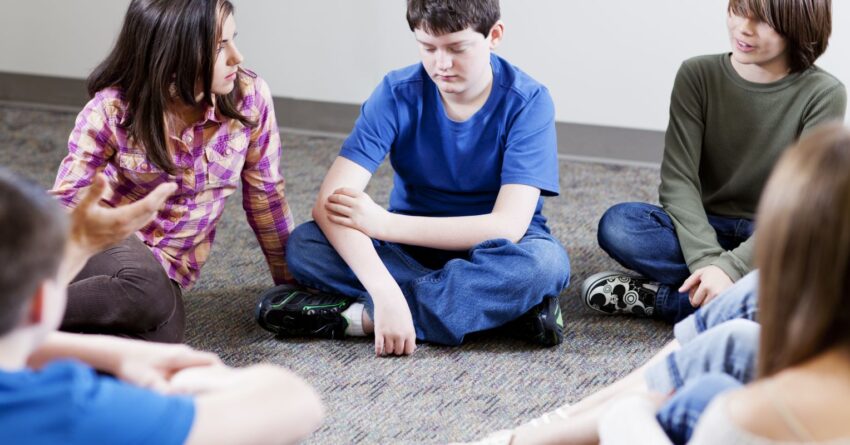Bitsko, R. H., Claussen, A. H., Lichstein, J., Black, L. I., Jones, S. E., Danielson, M. L., Hoenig, J. M., Davis Jack, S. P., Brody, D. J., Gyawali, S., Maenner, M. J., Warner, M., Holland, K. M., Perou, R., Crosby, A. E., Blumberg, S. J., Avenevoli, S., Kaminski, J. W., & Ghandour, R. M. (2022). Mental health surveillance among children – United States, 2013-2019. MMWR supplements, 71, 1-42. https://doi.org/10.15585/mmwr.su7102a1
Clauss, J. A., & Blackford, J. U. (2012). Behavioral inhibition and risk for developing social anxiety disorder: A meta-analytic study. Journal of the American Academy of Child and Adolescent Psychiatry, 51, 1066–1075. https://doi.org/10.1016/j.jaac.2012.08.002
García-Coll, C., Kagan, J., & Reznick, J. S. (1984). Behavioral inhibition in young children. Child Development, 55, 1005–1019. https://doi.org/10.2307/1130152
Politte-Corn, M., Myruski, S., & Buss, K.A. (In preparation). Socio-contextual influences on the association between behaviorally inhibited temperament and social anxiety symptomatology in adolescence.
Rubin, K. H., Wojslawowicz, J. C., Rose-Krasnor, L., Booth-LaForce, C., & Burgess, K. B. (2006). The best friendships of shy/withdrawn children: Prevalence, stability, and relationship quality. Journal of Abnormal Child Psychology, 34, 139-153. https://doi.org/10.1007/s10802-005-9017-4
